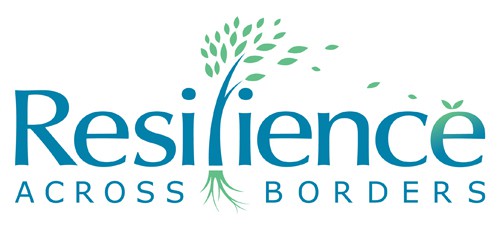Anxiety disorders are among the most common childhood mental health concerns; the CDC reports that approximately 9.4% of U.S. children ages 3-17 meet the criteria for an anxiety diagnosis. Children with anxiety experience symptoms including frequent worry, restlessness, concentration difficulties, physical symptoms like headaches and stomachaches, sleep problems, and changes in appetite.
Parenting a child with an anxiety diagnosis can be difficult, particularly when your child seems to become overwhelmed by simple tasks. Children with anxiety often ask for reassurance from their families and friends. For example: “Do you think I will pass the test?” “Are you sure my friend likes me?” “I won’t get sick, right?” It’s natural as a parent to want to ease your child’s discomfort in the moment. For example, you may order for your child at a restaurant when they say they’re too scared. Counterintuitively, these behaviors, known as parental accommodation, only strengthen your child’s anxiety and avoidance. Although they may feel better momentarily, your child has missed an opportunity to learn they can handle taking steps that feel scary. Fortunately, there are practical steps you can take to support your child in facing their fears.
Encourage your child to try things that make them anxious. Reduce accommodations that get in the way. Resist the temptation to let your child “escape.” Instead, validate their feelings and let them know you believe in them! Remind yourself that guiding your child to engage with anxiety helps them learn that they can handle fears. This lesson will help them throughout their lives!
Validate their fears and praise efforts to change, no matter how small. For example, try the following supportive statements:
I can tell this is so hard for you. You’re doing a great job being brave!
I believe in you and know you can take this step. You’ve been brave so many times.
Being worried is so uncomfortable, but it cannot hurt you.
I trust you to handle this well. You know what to do.
Reward your child when they take steps toward working on their anxiety. No step is too small! Rewards don’t have to be big or expensive. Popular examples include playing a game with a parent, a trip to the dollar store, or a special dessert.
Model your own brave behaviors. Challenge yourself and let your child know! Parents can be wonderful examples.
Recommended Reading: Breaking Free of Child Anxiety and OCD: A Scientifically Proven Program for Parents by Eli R. Lebowitz
Rachel Weinstock, Ph.D. is a licensed psychologist at Alvord, Baker & Associates. She earned her B.A. from Cornell University and her M.A. and Ph.D. from Georgia State University. She completed her predoctoral internship training at the Kennedy Krieger Institute and Johns Hopkins University School of Medicine. She then completed her postdoctoral fellowship at Children’s National Medical Center, with a focus on youth anxiety and related disorders. Her research interests include factors contributing to the development of anxiety disorders, as well as barriers to treatment for children with mental health concerns.

